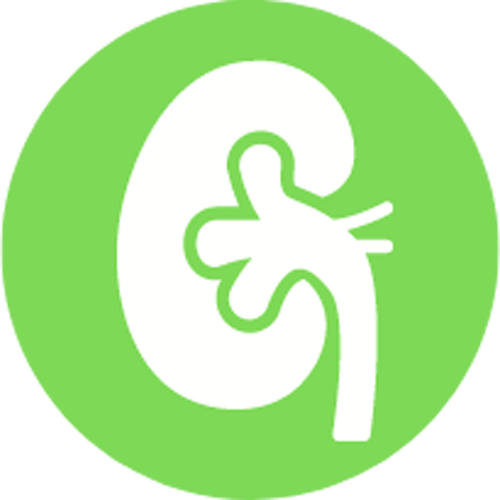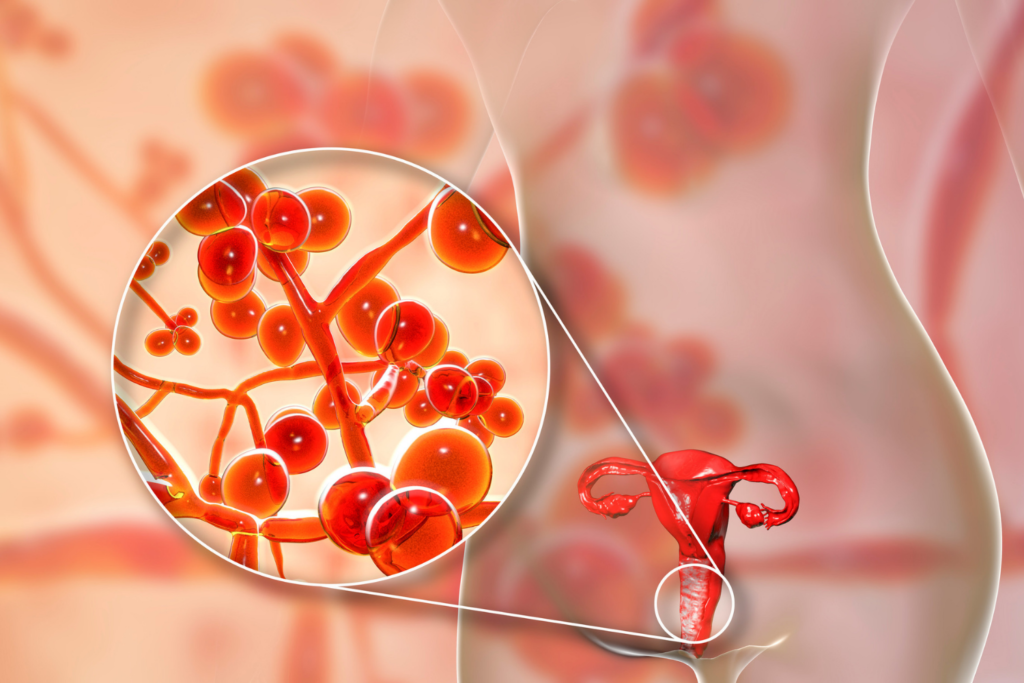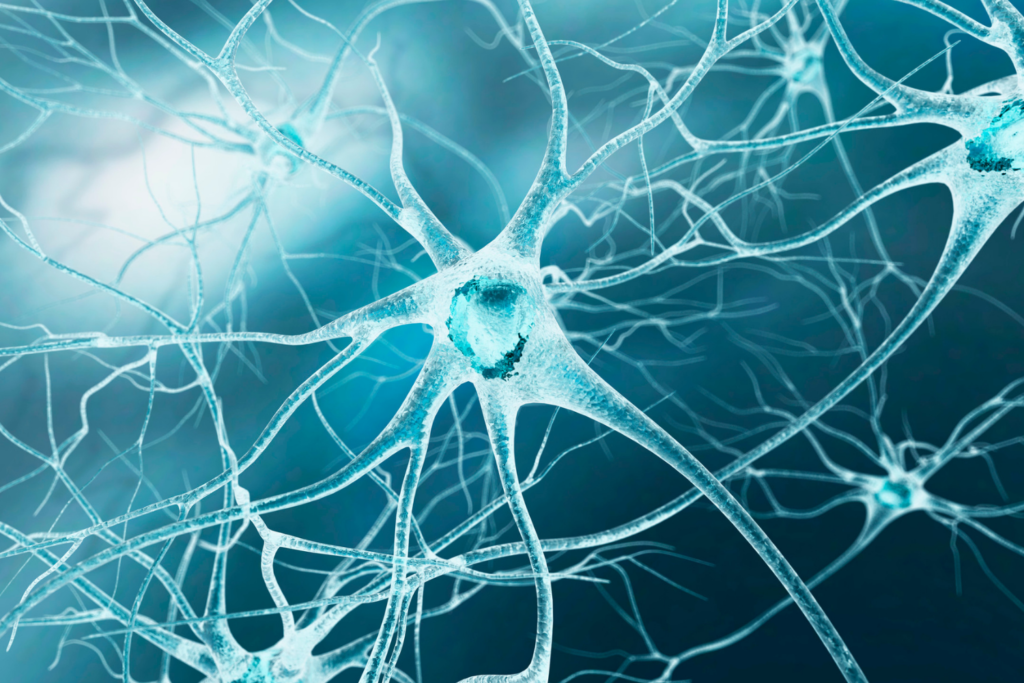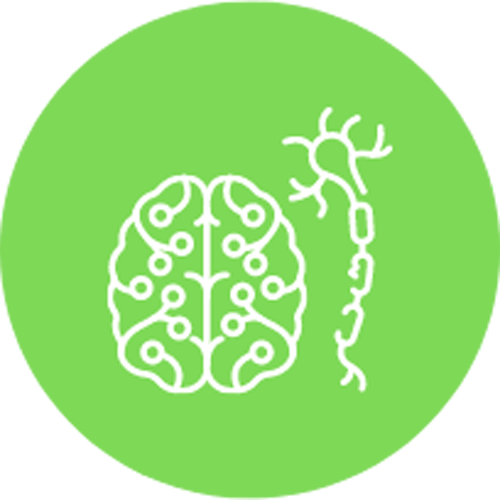The philosophy behind nutraceuticals is to focus on prevention, according to the saying by a Greek physician Hippocrates (known as the father of medicine) who said “let food be your medicine”. Their role in human nutrition is one of the most important areas of investigation, with
wide-raging implications for consumers, healthcare providers, regulators, food producers, and distributors.
The definition of nutraceuticals and their related products generally depends on the source. These products can be classified on the basis of their natural sources, pharmacological conditions, as well as chemical constitution of the products. Most often, nutraceuticals are grouped into four categories that include dietary supplements, functional food, medicinal food, and pharmaceuticals.
Our nutraceutical products contain one or more substances that are naturally present in food but which are made available in a pharmaceutical form (tablets, powders or drops) that contains them in concentrated and purified quantities.
Together with our R&D team & state of the art manufacturing facilities globally, we have developed some unique nutraceutical formulation targeting various medical specialty


The human musculoskeletal system (also known as the human locomotor system, and previously the activity system) is an organ system that gives humans the ability to move using their muscular and skeletal systems. The musculoskeletal system provides form, support, stability, and movement to the body.


Pediatrics is the branch of medicine that involves the medical care of infants, children, and adolescents. The American Academy of Pediatrics recommends people seek pediatric care through the age of 21.


medicine, the practice concerned with the maintenance of health and the prevention, alleviation, or cure of disease.
The World Health Organization at its 1978 international conference held in the Soviet Union produced the Alma-Ata Health Declaration, which was designed to serve governments as a basis for planning health care that would reach people at all levels of society.


Hepatology is the branch of medicine that incorporates the study of liver, gallbladder, biliary tree, and pancreas as well as management of their disorders. Although traditionally considered a sub-specialty of gastroenterology, rapid expansion has led in some countries to doctors specializing solely on this area, who are called hepatologists.


Dermatology is the branch of medicine dealing with the skin. It is a specially with both medical and surgical aspects. A dermatologist is a specialist medical doctor who manages diseases related to skin, hair, nails, and some cosmetic problems.
Trichology is the science of the structure, function and diseases of the human hair.




Gynecology (see spelling differences) is the area of medicine that involves the treatment of women’s diseases, especially those of the reproductive organs. It is often paired with the field of obstetrics, forming the combined area of obstetrics and gynecology (OB-GYN).
Obstetrics is the field of study concentrated on pregnancy, childbirth and the postpartum period.



Cholesterol is a lipid that contributes to vitamin D production and to bile formation and is also a precursor to hormones like testosterone. However, excess cholesterol levels in the blood can lead to cardiovascular conditions such as thrombosis, heart attack or stroke.


Neurology is the branch of medicine concerned with the study and treatment of disorders of the nervous system. The nervous system is a complex, sophisticated system that regulates and coordinates body activities. It has two major divisions: Central nervous system: the brain and spinal cord.